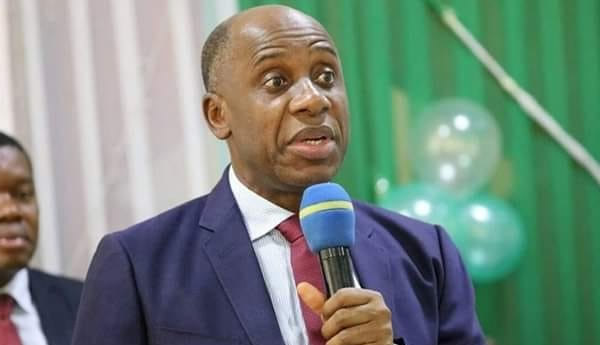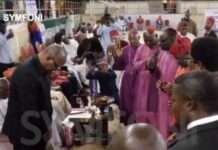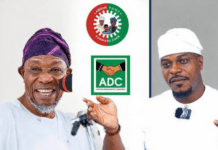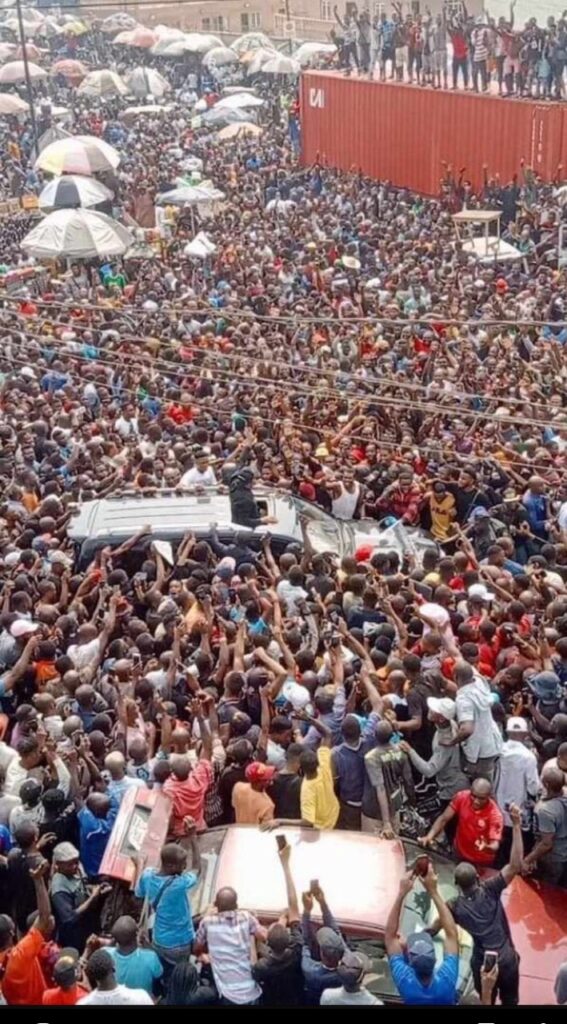
As Nigeria approaches the 2027 presidential election, the opposition landscape remains fragmented, despite growing discontent with the ruling All Progressives Congress (APC). If the opposition fails to unite under a strategic coalition, dislodging the APC will be nearly impossible.
Peter Obi, the 2023 Labour Party (LP) presidential candidate, has emerged as the most consistent and credible voice against the Tinubu administration. His focus on systemic failures—ranging from economic mismanagement to insecurity and poor governance—has made him a formidable opposition leader. However, the real political threat to APC is not the Labour Party itself but the Obidient Movement.

The Strength of the Obidient Movement
Unlike traditional political structures, the Obidient Movement is a decentralized and amorphous force, making it difficult to infiltrate or suppress. It represents Nigerians disillusioned with the status quo, particularly young people who reject the old order of corruption and ethnic-based politics.
This movement played a crucial role in the 2023 elections, delivering shocking upsets in key areas like Lagos, Abuja, and across the South East and South-South. Its ability to mobilize outside of conventional party structures caught the APC off guard, proving that a grassroots-driven, issue-based political revolution is possible.
APC’s Desperate Moves Against the Obidients
Recognizing the threat posed by the Obidients, the APC and its allies have launched smear campaigns to discredit the movement. Recently, Chief Bisi Akande falsely linked the Obidient Movement to the 2020 EndSARS protests, an attempt to paint it as a subversive force.
However, EndSARS was a spontaneous youth-led revolt against police brutality, not a political conspiracy. The APC’s attempt to criminalize the movement signals a strategy to justify potential crackdowns ahead of 2027.
Internal Cracks Within APC: A Potential Opportunity?
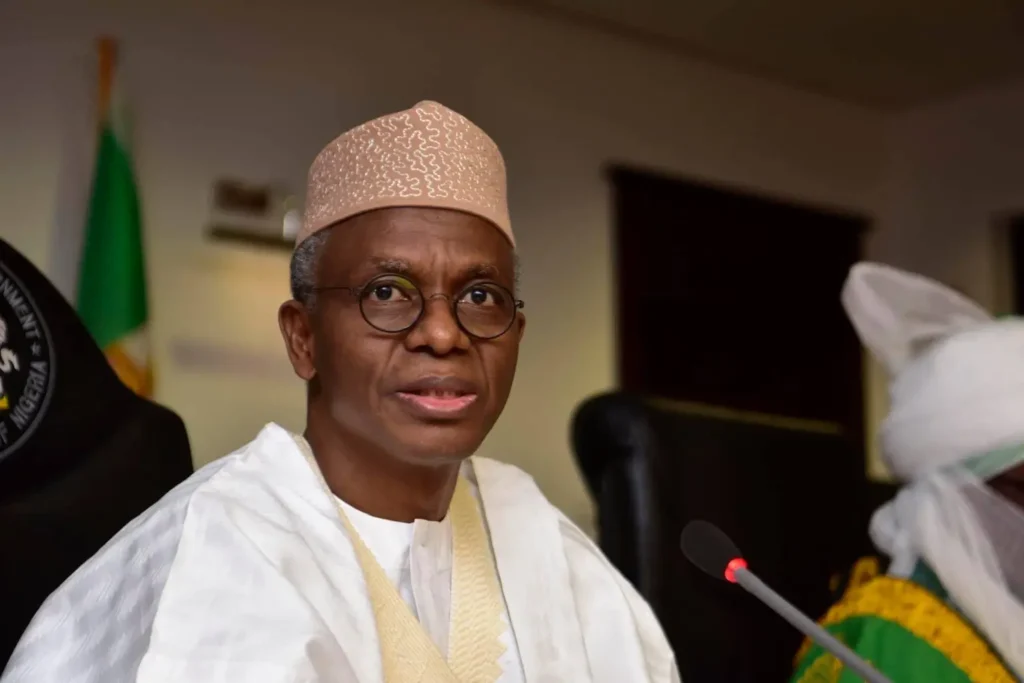
Beyond external opposition, Tinubu’s APC is facing growing internal dissent. Prominent figures like Nasir El-Rufai and Rotimi Amaechi have publicly criticized the administration, exposing the party’s internal ideological divisions. El-Rufai has called out the party’s “intellectual hollowness,” while Amaechi has warned that Nigerian politics is driven by ruthless power struggles, not fair play.
This division presents an opportunity for opposition forces to court disillusioned APC members who no longer align with Tinubu’s agenda.
The Urgent Need for a Mega Coalition
For the opposition to have any realistic chance in 2027, a broad coalition must be formed. This coalition should include:
- The Obidient Movement as the central mobilization force
- Peter Obi as the unifying candidate or at least a leading figure
- Disenchanted members of the PDP and APC’s progressive wing (El-Rufai, Amaechi, Osinbajo, etc.)
- Civil society groups, technocrats, and independent reformers
The Labour Party, as currently structured, lacks the national reach and political infrastructure needed for a major victory. Instead, a new alliance should be built around shared governance priorities rather than individual political ambitions.

Beyond 2027: Redefining Nigerian Politics
The goal of this coalition must extend beyond merely defeating Tinubu in 2027. It should aim to redefine Nigeria’s political landscape by institutionalizing merit-based governance, transparency, and accountability. Technocrats, academics, and policy experts must play a central role in shaping the future political agenda.
Conclusion: The Work Ahead
The growing unrest within the opposition is a positive sign that political realignments are taking shape. However, wishful thinking alone will not unseat the APC. A structured, disciplined, and well-financed opposition strategy must be put in place—starting now.
For Obi and the Obidients, the message is clear: coalition-building is no longer optional—it is a necessity.

